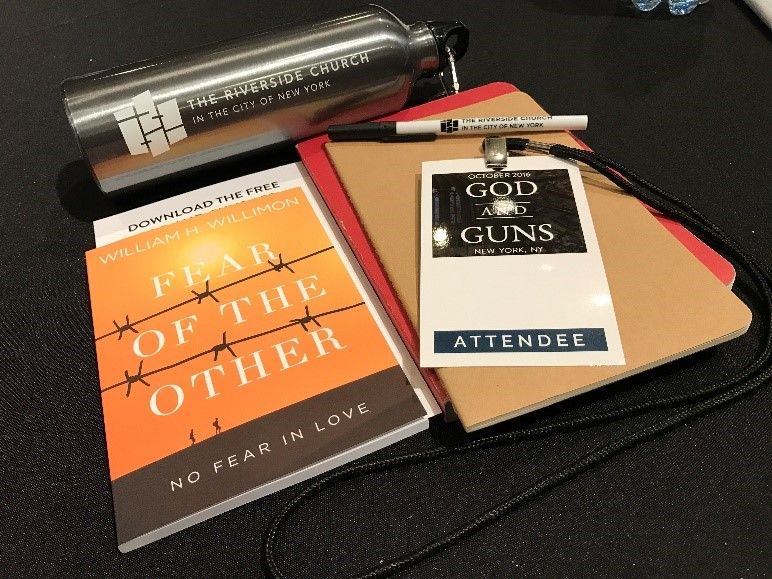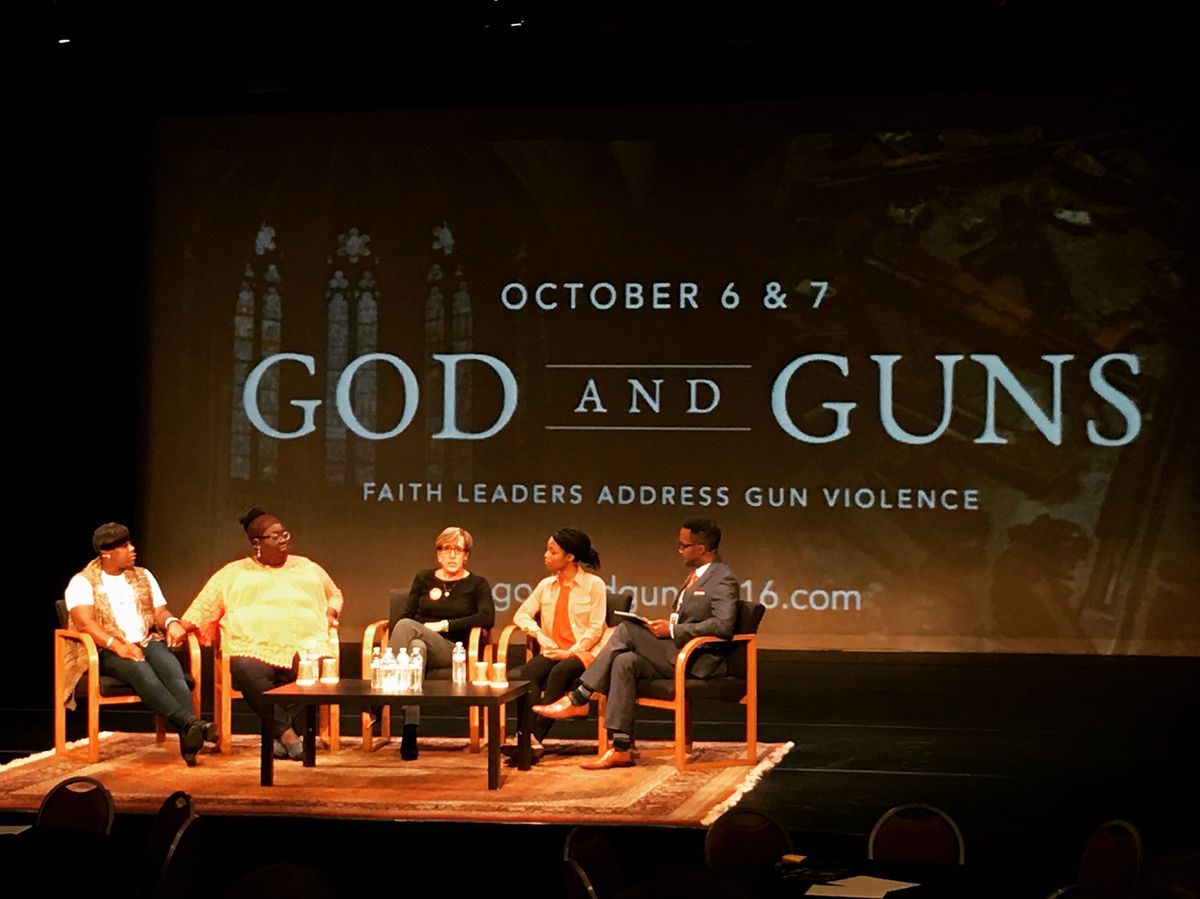Reflections from the Church and Society Fellows
Our fellows reflect on their time with Church and Society.
Hye-In Lee
Where I come from the possession of arms is not permitted
The issue I was most passionate about this week was gun violence which is important to deal with nowadays because we often hear about it a lot in the news. I personally did not have special passion for gun violence issues until now because the possession of arms is not permitted in the country where I came from (South Korea).

There were many plenary sessions that I were inspiring but this one, Everytown Survivor Network, stands out as powerful to me. The Everytown Survivor Network brought together Americans who have been personally affected by gun violence to build a community of support and empower them to become leaders in the gun violence prevention movement.

Those who shared on the stage inspired me deeply with their sorrows and I have been thinking it over I have wanted to say this, “If this matter came to you personally in your life, you would do exactly as they do and take action.”
The fact that people think that having guns is much safer for their protection or safety in this society makes me sad because that is not true. Guns do not protect you from the dangerous situations and they do not make for a peaceful world. Carrying guns make us lose, as they can create so many pain and ordeals instead of peace.
Our story
This violence from guns can be happening to anyone or everyone. Thus their story is not theirs alone any more. It is OUR story. Indifference makes us weak. We need to open our eyes more and to pay attention and do something. This event awakened my passion for gun violence issues. I am truly grateful to contribute my time and energy for injustice area more and more through General Board of Church and Society.
David Joyner
An overview of the work
My work as a Church and Society Fellow at GBCS is related to the Sustainable Development Goals (SDGs). The SDGs were adopted by the United Nations just over a year ago, and include 17 Goals or work areas of global development. These include No Poverty, No Hunger, Gender Equality, and Climate Action, among others. One particularly useful resource that GBCS provides are our Faith & Facts cards which are designed as church bulletin inserts and use the Wesleyan Quadrilateral to think critically about a specific social or policy issue. I’ve been developing outlines for each of the SDGs using an adapted Quadrilateral and the Faith & Facts format.
Resourcing the Church
Moving forward, I’ll be polishing up these resources to ensure that they include all relevant references to the United Methodist Church’s Social Principles and any documents from the Book of Resolutions. I’ll be figuring out the best ways to get them into the hands of people who are passionate about these issues. The SDGs have approximately 165 targets within the broader Goals, and many initiatives and projects of the Church are in line with what the UN hopes to achieve for global development by 2030.
Dennis Muzahuzi
Conversation leads to more
A highlight from the week was riding in a taxi with Susan Henry-Crowe, the Church and Society General Secretary. We traveled to and from the Center for Global Development, together. I got a good feel of her awesome personality. She challenged me, but also inspired me to dream beyond the impossibility. She had asked a few questions, real life questions. I was able to have an idea of what she feels about us as interns and it was heartwarming. I slowly gained confidence and knew it was time to learn from an experienced individual.
Imganing what’s next
The big question was not, “when does your internship end?” Rather, it was a more familiar question; the question of “WHAT’S NEXT?” Taking a deep breath, I responded, “trying to find a job around the DC or New York area” Then the conversation went on from there. She was trying to know a little more about me. “So, where had you lived before coming to DC?” she asked I was attending graduate school in Michigan at Western Michigan University, I responded with stories and she also shared with a few rib cracking stories from her school life experiences. We then spent the final part of our ride brainstorming better ways to look at my next step.
Moral of the story: be open to folks who show interest in you as they can help you learn a little more about yourself, is a good way to learn a thing or two in life!
Visiting the World Bank
I got a chance to attend a faith-based luncheon at the World Bank. One panel discussions was on ending extreme poverty by 2030. After the panel I was lucky enough to ask a few dignitaries whether ending extreme poverty by 2030 can be achieved, or if it’s an unrealistic ambition by the World Bank? The answer I got often was that this goal is a set target, but whether it’s achieved or not is a question of how much work the agencies involved will put in. Also, how much of the rest of the population will come onboard to address extreme poverty in their respective locations.
As far as my work is concerned most of my work last week involved meetings, networking, and exploring the work of international agencies working with women and children health who focusing on reproductive health and family planning.
How we share stories
I also met with a group of women from UNFPA who do most of their work in developing countries. We talked about the best way to record a story from the folks in the field. How to share such stories to the public by maintaining authenticity. Such work is relevant for the website research my supervisor has requested me do.